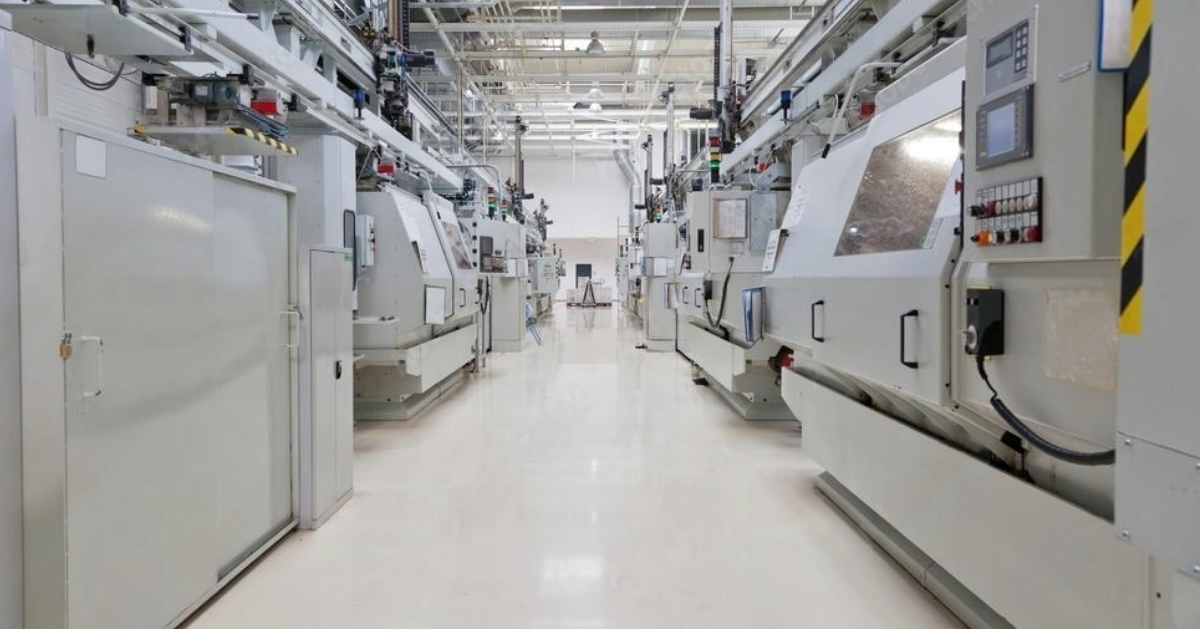
You may also like:
Precision Machining 101: Your Essential Guide
CNC Components: Mechanical Systems
Timeless Tools: The Standard Modern Lathe
CNC machines are the cornerstone of modern manufacturing, offering precision, efficiency, and automation. However, like any technology, they have a lifespan. Knowing when to upgrade your CNC machine is crucial to maintaining productivity, and competitiveness, and ensuring the highest quality products.
Key Indicators for an Upgrade
Aging Hardware and Software
Outdated technology can lead to compatibility issues, slower performance, and increased downtime. If your machine is struggling to keep up with the latest software or hardware requirements, it may be time for a replacement.
Increased Maintenance Costs
Frequent repairs and maintenance can be costly and time-consuming. If you’re finding yourself spending more on upkeep than ever before, it might be more cost-effective in the long run to invest in a newer machine with improved reliability.
Reduced Precision and Efficiency
CNC machines are known for their precision and efficiency. If you’re noticing a decline in product quality or slower production times, it could be a sign that your current machine is no longer performing at its optimal level.
Changing Business Needs
Your business may be growing or evolving, requiring new capabilities from your CNC machine. If your current machine can’t handle the demands of your expanding operations, an upgrade may be necessary.
How to Approach an Upgrade
Assess Your Needs
Identify the specific shortcomings of your current machine and what you need in a replacement. Consider factors such as required precision, production volume, and compatibility with your existing workflow.
Set a Budget
Upgrading a CNC machine is a significant investment. Determine your budget by considering the cost of the new machine, installation, training, and any necessary facility modifications.
Research and Select
Explore the latest models and compare them to your needs. Consider factors such as features, specifications, energy efficiency, and the reputation of the manufacturer. Consult with experts and industry peers for recommendations.
Consider Cost-Benefit Analysis
Evaluate the potential benefits of upgrading, such as improved efficiency, reduced downtime, and enhanced product quality. Compare these benefits to the costs associated with the upgrade to determine if it’s a worthwhile investment.
By carefully considering these factors and following these steps, you can make an informed decision about whether it’s time to upgrade your CNC machine and ensure the continued success of your manufacturing operations.